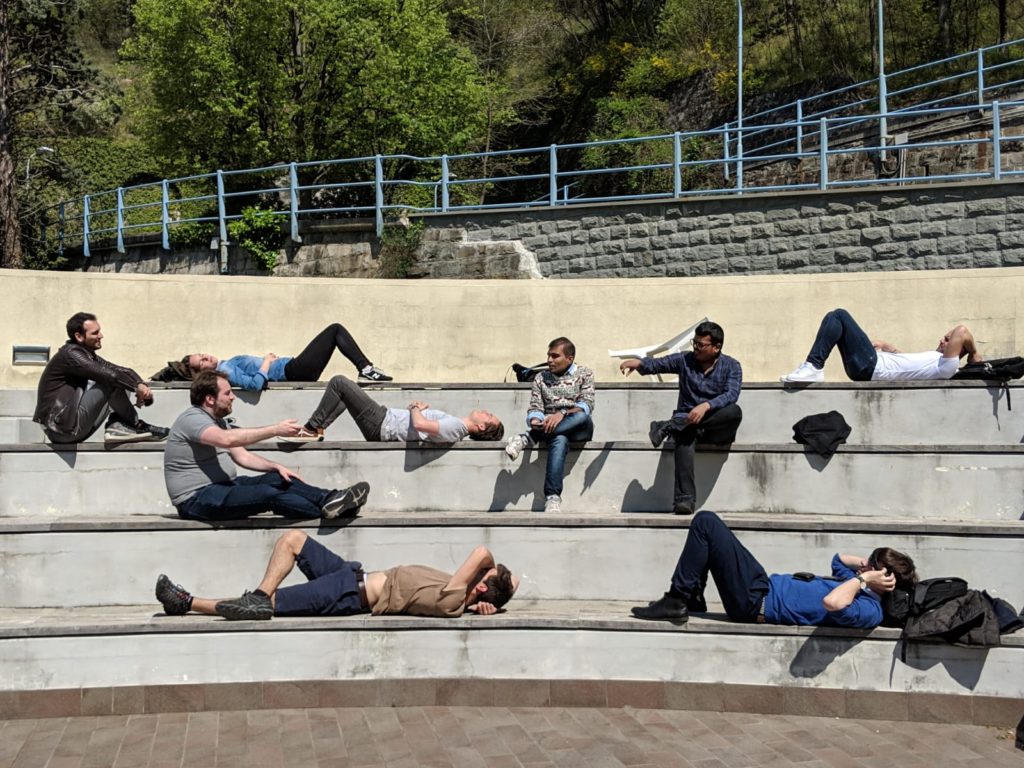by Onkar Jadhav
I adore mathematics. There is mathematics everywhere: from how much pocket money I should save per day to buy that expensive toy as a kid to solving real-world problems as an adult. It is not just that mathematics helps solve problems; it is fun and intriguing as well. Consider Pi, the famous irrational number, and it keeps on going, forever, without ever repeating. This means this string of decimals contains every possible number combination. Our birthdates, mobile numbers, bank account numbers, etc., and it’s all in there somewhere. If you convert these decimals into letters, it encompasses your entire life story from beginning to end, everything we ever say or do. Everything: all contained in the ratio of a circumference and a diameter of a circle. Now, isn’t that something? Anyways, my point is I was always intrigued and fascinated with mathematics and wanted to apply my computational science background to solve real industrial problems.
Maybe, that’s the reason my luck brought me to the forefront of cutting-edge research funded by the MSCA, the EU’s flagship funding program. The project rendered me a platform to explore one of the intriguing and challenging finance industry problems. I commenced my work at MathConsult GmbH, located in Linz, Austria. I worked on my problem one step at a time by learning new financial concepts, literature surveys for new model reduction techniques, and new optimization techniques.
During my first year, I traveled around Europe to attend planned courses, workshops, etc., and side by side, I had to concentrate on my research as well. It was a bit challenging, although never boring. I learned a lot during those courses and had the amazing opportunity to meet different people while traveling through the breathtakingly beautiful cities of Europe. It is safe to say that I have essentially learned a great deal of time management as well, as I have to efficiently juggle amongst various responsibilities of conferences/workshops and other duties that come with being a researcher. And then there was Covid. Honestly, I miss it now!
In my second year, I started my work at the Technical University of Berlin in a new city sprawling with life, culture, art, music, food, and, well, Maths. This was just the motivation I needed. Berlin is a vibrant city and has everything for everyone. Although I couldn’t enjoy it for a long time as the pandemic hit us all hard. Consequently, the second year was more relaxed in the sense of traveling, and I could concentrate on my research more. I got some excellent results which are recently published in our manuscript [1]. Our method tested on the industrial data of different financial instruments shows excellent results and has potential applications in historical and Monte-Carlo value-at-risk calculations.
All in all, I am really enjoying my Ph.D. life: that feeling when your code works, rush for deadlines, and especially the importance of caffeine!
References:
[1] A. Binder, O. Jadhav, and V. Mehrmann. Model order reduction for the simulation of parametric interest rate models in financial risk analysis. J. Math. Industry, 11:1–34, 2021.


